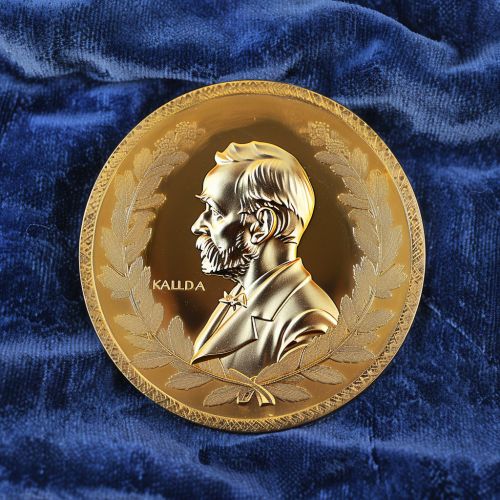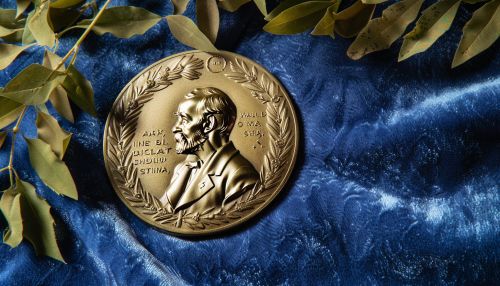List of Nobel Peace Prize Recipients
Introduction
The Nobel Peace Prize is one of the six original Nobel Prizes established by the will of inventor, industrialist, and armament manufacturer Alfred Nobel. It has been awarded annually (with some exceptions) by the Norwegian Nobel Committee since 1901. It is awarded to individuals and organizations who have made significant contributions to peace. Nobel's will stated that the Peace Prize should be awarded to the person who:
- Shall have done the most or the best work for fraternity between nations
- For the abolition or reduction of standing armies
- For the holding and promotion of peace congresses


Recipients
The Nobel Peace Prize has been awarded 101 times to 135 Nobel Laureates between 1901 and 2020, 107 individuals and 28 organizations. While the other Nobel Prize laureates are announced in Stockholm, the Peace Prize laureates are announced in Oslo. The Peace Prize is presented annually on December 10th, the death anniversary of Alfred Nobel, at the Oslo City Hall.
1901-1920
The very first Nobel Peace Prize was awarded in 1901 to Henry Dunant, founder of the International Committee of the Red Cross, and Frédéric Passy, a leading international pacifist of the time. In the following years, the prize was awarded to those who had made a significant impact in the areas of peace and disarmament. Some notable laureates from this period include Élie Ducommun and Charles Albert Gobat, founders of the International Peace Bureau, and Woodrow Wilson, the 28th President of the United States, for his role in establishing the League of Nations.
1921-1940
This period saw the Peace Prize awarded to a mix of individuals and organizations. Notable laureates include Carl von Ossietzky, a German pacifist who openly opposed Hitler and was awarded the prize in 1935 while in a concentration camp. The Nansen International Office For Refugees was awarded the prize in 1938 for its work in aiding refugees.
1941-1960
During this period, the Nobel Peace Prize was awarded to laureates such as Albert Schweitzer, a theologian, organist, writer, humanitarian, philosopher, and physician, and George Marshall, the U.S. Secretary of State who helped to rebuild Europe after World War II through the Marshall Plan.
1961-1980
The Nobel Peace Prize in this period was awarded to laureates including Martin Luther King Jr., the American civil rights leader, and Mother Teresa, the Roman Catholic nun and missionary. The United Nations and its then Secretary-General Dag Hammarskjöld were also awarded the prize during this period.
1981-2000
In this period, laureates included Desmond Tutu, the South African Anglican bishop and social rights activist, and Aung San Suu Kyi, the Burmese politician, diplomat, author, and Nobel laureate who served as the leader of Myanmar from 2016 to 2021. The International Campaign to Ban Landmines and its coordinator Jody Williams were also awarded the prize.
2001-Present
In the 21st century, the Nobel Peace Prize has been awarded to laureates such as Barack Obama, the 44th President of the United States, and Malala Yousafzai, the Pakistani activist for female education. The European Union and the International Atomic Energy Agency were also awarded the prize during this period.
Controversies and Criticisms
The Nobel Peace Prize has been subject to controversies and criticisms over the years. Some of these criticisms revolve around perceived political bias, the interpretation of Nobel's will, and the omission of deserving candidates. For instance, the awarding of the Peace Prize to Henry Kissinger in 1973, which was controversial due to his role in the Vietnam War, led two dissenting members of the Norwegian Nobel Committee to resign.
